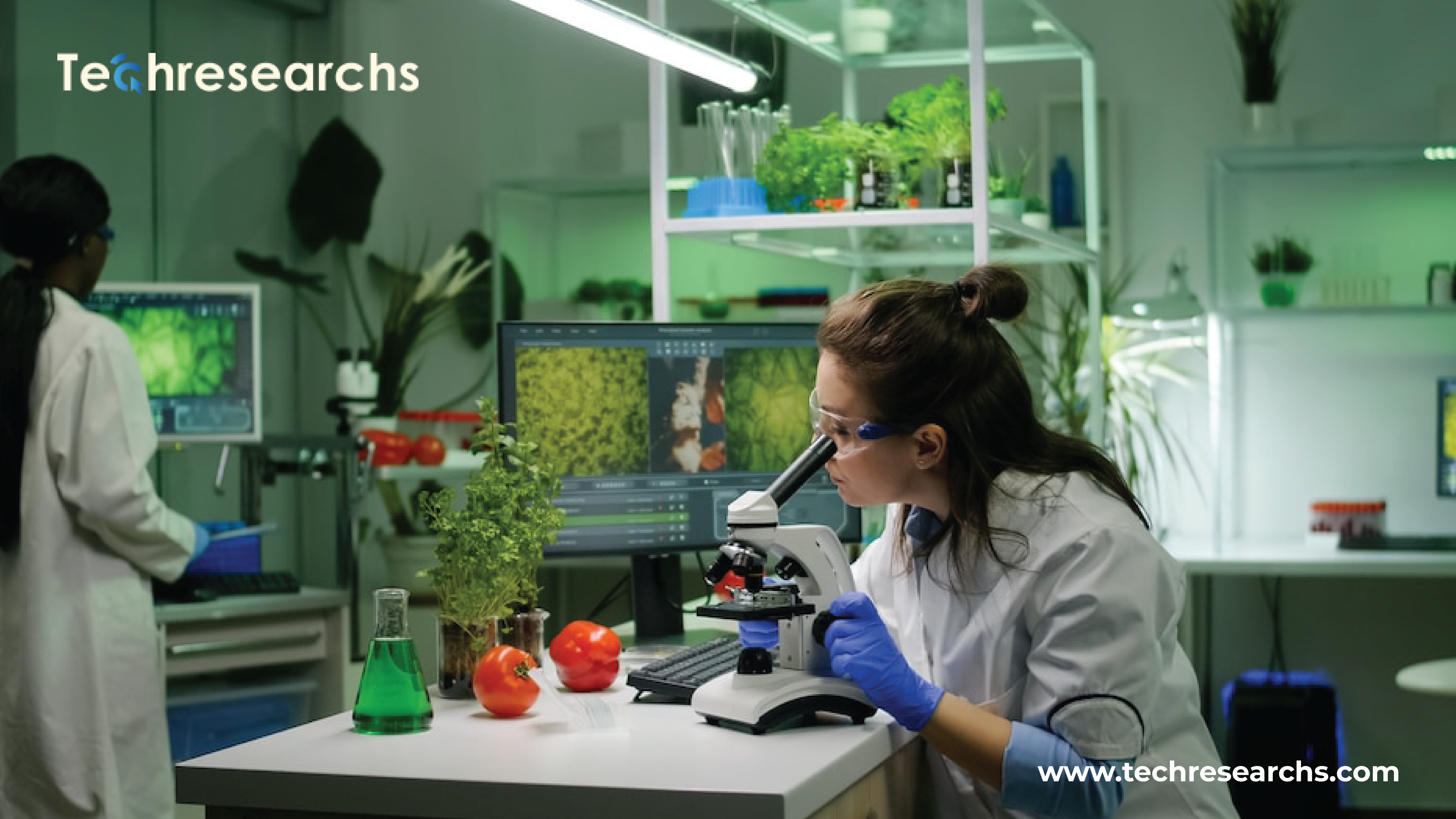Industrial Biotechnology: Pioneering a Green Future in Manufacturing

In this article, we will explore some of the latest advancements in industrial biotechnology and how they are shaping the future of sustainable manufacturing and agriculture.
Industrial biotechnology is a rapidly growing field that combines biology, chemistry, and engineering to create sustainable and eco-friendly products and processes.
The advancements in this field have the potential to revolutionize the way we manufacture products and grow crops, making them more efficient, cost-effective, and environmentally friendly.
Bio-based materials: A sustainable alternative to traditional materials
Bio-based materials are a significant advancement in industrial biotechnology. These materials are derived from renewable resources such as plants and algae, making them a sustainable alternative to traditional materials. Bio-based materials can be used in a wide range of applications, from packaging to construction materials and consumer goods.
One of the most promising bio-based materials is bio-based plastics, which are produced from renewable resources such as corn starch, sugarcane, or potato starch. Bio-based plastics are biodegradable and compostable, making them an eco-friendly alternative to traditional petroleum-based plastics.
Precision farming: Optimizing crop yields and reducing waste
Precision farming is a farming technique that uses technology to optimize crop yields and reduce waste. This technology involves using sensors and other tools to monitor crops and soil conditions, allowing farmers to make informed decisions about planting, fertilizing, and harvesting.
Precision farming has the potential to revolutionize farming, making it more efficient and sustainable. By using precision farming techniques, farmers can reduce the use of water, fertilizers, and pesticides, resulting in lower costs and less environmental impact.
Bioremediation: Cleaning up pollution
Bioremediation is the use of microorganisms to clean up pollution in the environment. This technology can be used to clean up soil, water, and air pollution, making it a valuable tool for environmental remediation.
Bioremediation has the potential to transform the way we clean up pollution, making it more efficient and cost-effective. By using bioremediation techniques, we can reduce the need for expensive and environmentally harmful remediation methods.
Biofuels: An eco-friendly alternative to fossil fuels
Biofuels are produced from organic matter such as plants and algae, making them a sustainable and eco-friendly alternative to fossil fuels. Biofuels can be used in a wide range of applications, from transportation to heating and electricity generation.
The production of biofuels has the potential to reduce greenhouse gas emissions and dependence on fossil fuels, making it a crucial step in the transition to a more sustainable energy future.
Enzyme engineering: Developing new products and processes
Enzyme engineering is the process of modifying enzymes to create new products and processes. Enzymes are proteins that catalyse chemical reactions, making them valuable tools for a wide range of applications.
By engineering enzymes, researchers can create new products and processes that are more sustainable and eco-friendlier. For example, enzymes can be used to produce biofuels, break down plastics, and convert agricultural waste into valuable products.
Advancements in industrial biotechnology are shaping the future of sustainable manufacturing and agriculture. From bio-based materials to precision farming, bioremediation to biofuels, and enzyme engineering to bioprocessing, there are many exciting developments in this field. As we continue to develop new technologies and techniques, we can create a more sustainable future for ourselves and our planet.



